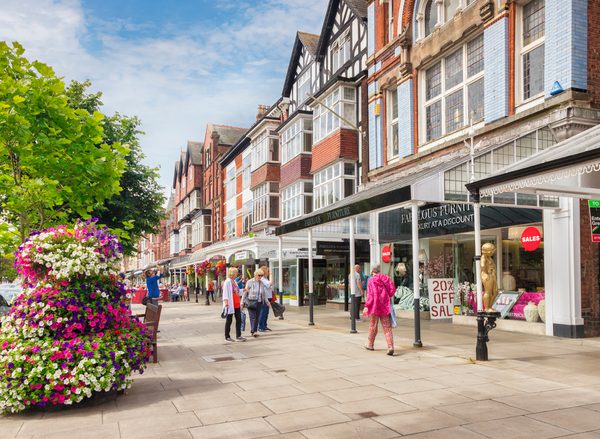
Places to come together: Rebuilding local solidarities against the far right
Article
A discussion paper on the fight for local investment and why government must create, facilitate and maintain spaces where solidarity might thrive.
In late July 2024, the seaside town of Southport in Merseyside burst into the national consciousness when it suffered two different, violent events in succession. At around noon on July 29, a violent loner carried out a horrific attack at a holiday dance club, killing three little girls. Amid the confusion and grief, rumours started to spread. Far-right activists from elsewhere directed people to Southport to ‘take a stand’, where they mixed with a smaller number of locals with various grievances around immigration, political neglect and their struggling coastal economy. The next day, a protest degenerated into rioting and attacks on the local mosque, fueled by islamophobia, racism and misinformation. The riots would soon spread to other cities and towns, but in Southport it was all over in 36 hours.
In the aftermath, many called for a wave of investment in Southport and places like it. Instead, the town has suffered further setbacks.
If there is a thread connecting the high-octane events of late July and the slow local politics of the pier, it is the loss of physical spaces where we might come together, and the radicalisation of some of the digital spaces that have replaced them.
This discussion paper argues that the state should endeavour to create, facilitate and maintain spaces where solidarity might thrive. A welfare fund for the 21st century can help progressives combat the far right by bringing people together in pursuit of their everyday needs and ambitions, providing a hub for community organising and countering the pervasive sense of decline.

